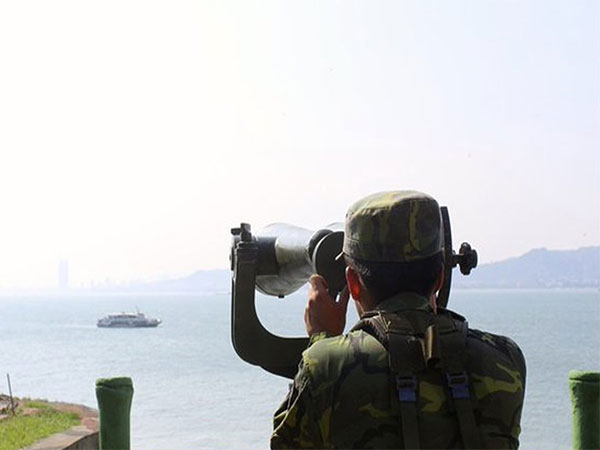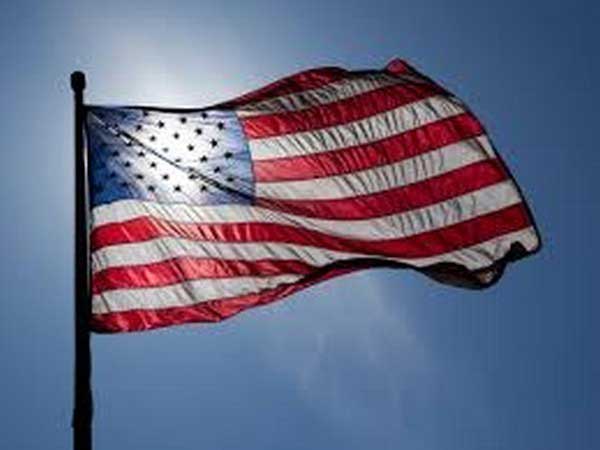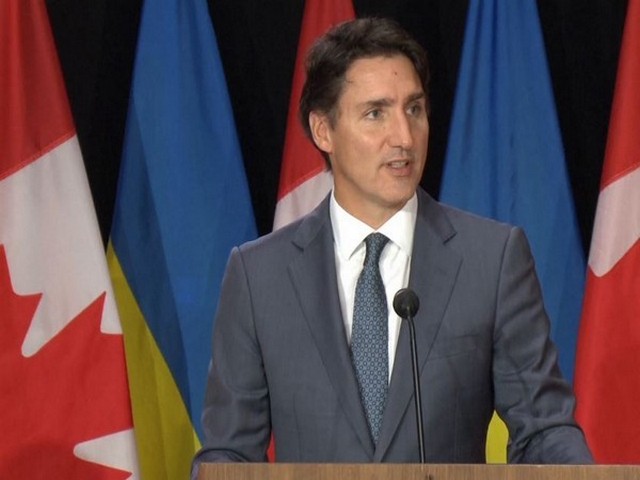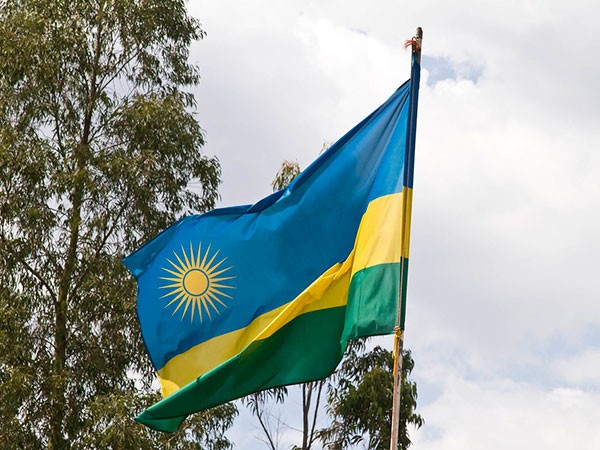When Taiwan not only faces military tensions
May 28, 2024
Taipei [Taiwan], May 28: Not only facing increased military pressure from Beijing, Taipei is facing other consequences for the semiconductor chip industry due to tensions in the Taiwan Strait.
Yesterday (May 27), the Taiwan
The "new normal" is full of stress
The above activity took place immediately after Beijing on May 23 deployed many warships and fighter jets around Taiwan in a two-day exercise that mainland China announced was to assess its ability to control the island. This. The developments mentioned above happened just a few days after Mr. Lai Thanh Duc on May 20 officially succeeded Ms. Tsai Ing Van to take over the leadership position of Taiwan. Therefore, it can be seen as a tough message that Beijing wants to send to Taiwan's new leader.
However, in reality, the density of Beijing's military activities around the Taiwan Strait
This situation puts a lot of pressure on Taipei. NBC yesterday quoted a representative of a group of US lawmakers visiting Taiwan as confirming that weapons provided by Washington continued to be delivered to Taipei. However, despite reactions from Washington, Beijing has not shown any signs of de-escalation for nearly two years. Some high-ranking US military officers have even warned that Beijing
It's not just military pressure
Meanwhile, Taiwan plays an important role in the global semiconductor chip supply chain, even accounting for more than 90% of the global advanced semiconductor chip manufacturing market share. Taiwan's TSMC Group is also the global leader in semiconductor chip production, and is also a supplier to US technology tycoons such as Apple, NVIDIA... So if a conflict breaks out around the Taiwan Strait or Beijing unifies Taipei, it will be a "disaster" for the US and its allies because it will be affected by the supply of semiconductor chips.
Also yesterday, Bloomberg quoted Taiwanese officials as saying that TSMC opening a number of factories abroad would be "very beneficial" for Taiwan because it would allow the chipmaker to work more closely with customers. customers and help them recruit the best talent. On the other hand, TSMC's investment in overseas factories can be seen as a move to "reassure" partners and allies amid concerns about rising military risks around the strait that are creating great pressure. for Taipei economically with the key industry being semiconductor chips.
In fact, the West is concerned about the risk of TSMC's facilities in Taiwan being controlled by Beijing if mainland China takes control of the island. Just last week, Bloomberg quoted a number of close sources as saying that TSMC and ASML Company (Netherlands) had to integrate remote control capabilities to disable these companies' devices if China took control. Taiwan. Among the above two companies, ASML is the world's No. 1 enterprise in providing equipment used to produce semiconductor chips, notably photolithography machines.
This shows that TSMC in particular, and Taiwanese businesses in general, are under great pressure from risks related to tensions around the Strait.
Source: Thanh Nien Newspaper








